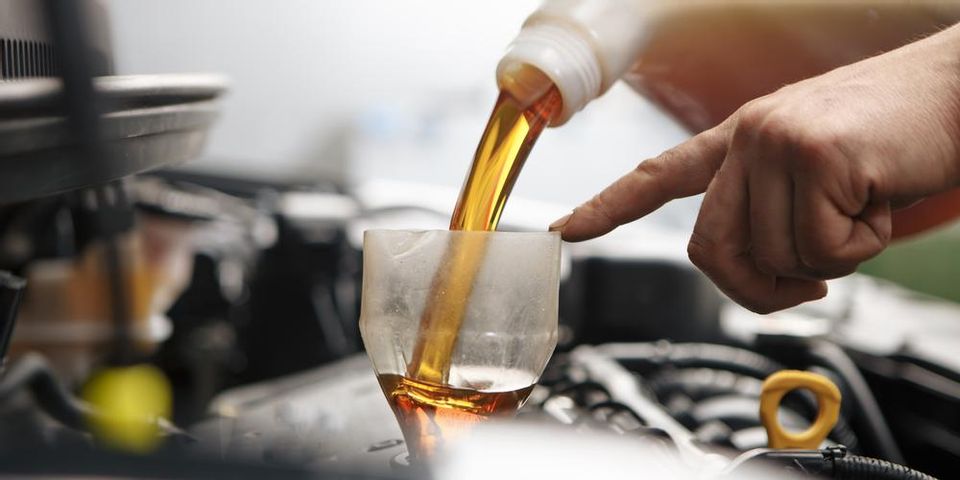What You Need to Know About Motor Oil Grades
By Landrum Lube

There’s no question an oil change is one of the most important car maintenance tasks. Motor oil offers lubrication for different parts of the engine and is designed to minimize friction, prevent excessive wear, and maximize efficiency. This makes it essential to use the right product. If you’ve entrusted every oil change to your local auto body shop or have simply been buying the same kind for years, you might be surprised to find there are different categories, or grades, of motor oil.
What Is a Motor Oil Grade?
Viscosity
 Motor oil grades are rated by the Society of Automotive Engineers and based on viscosity, which basically refers to the thickness and consistency of a fluid. The higher the viscosity, the thicker it will be and slower it will flow.
Motor oil grades are rated by the Society of Automotive Engineers and based on viscosity, which basically refers to the thickness and consistency of a fluid. The higher the viscosity, the thicker it will be and slower it will flow.
Codes
When looking at any bottle of motor oil, you’ve probably seen codes like “5W-30,” “10W-40,” or “20W-50.” These are the viscosities for both cold and hot temperatures, respectively; the “W” represents “winter.” So, when it’s cold, a 5W-30 grade oil has a low viscosity of 5, but when it’s hot, it has a higher viscosity of 30.
Options
In addition to viscosity, there are other options to consider, such as whether to use conventional or synthetic oil. Generally speaking, conventional oil is still used for most vehicles, while synthetic is reserved for high-tech, complicated engines. There are also synthetic blends, which contain some conventional and high-mileage oils.
Which Should You Use?
The type of oil you need will always depend on the make and model of your vehicle, as well as your location. However, the best place to start is the owner’s manual for your car. Alternatively, you can visit an auto body shop and ask a technician.
If your next oil change is coming up, visit Landrum Lube. For nearly 20 years, they’ve been known as the motor oil experts in the Landrum, SC, area. They offer conventional, synthetic, and synthetic blend oil options, so you can trust they’ll have what you need. Aside from an oil change, they can also help with basic issues, like checking tire pressure. For more information about their services, visit them online or call them today at (864) 457-3956.
About the Business
Have a question? Ask the experts!
Send your question

